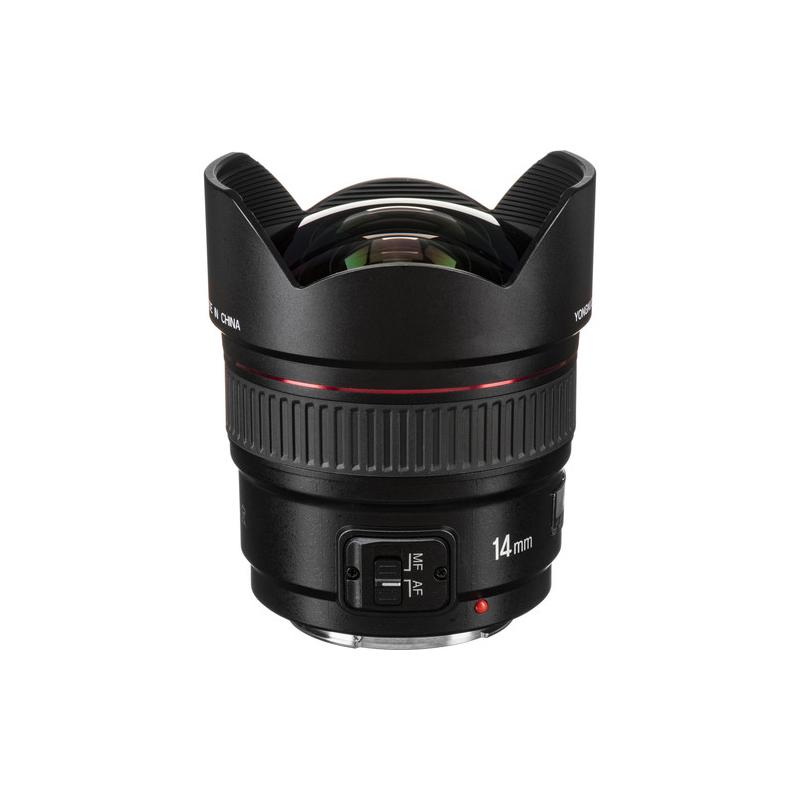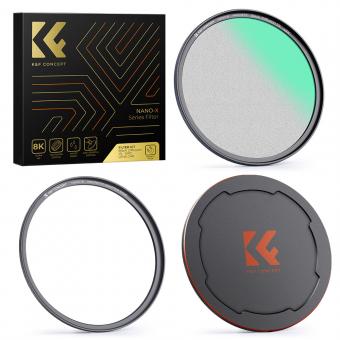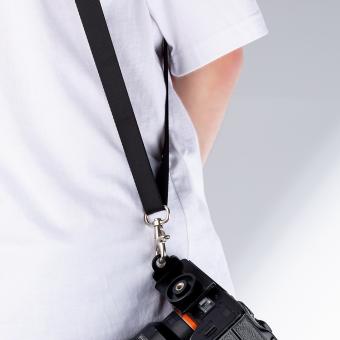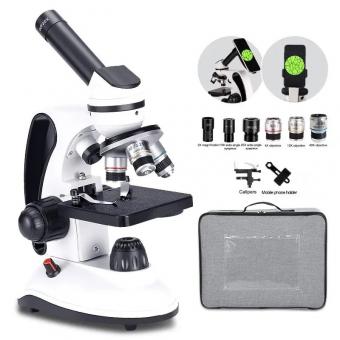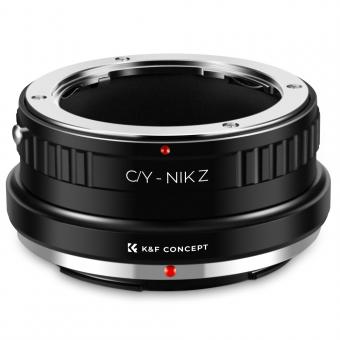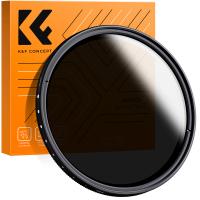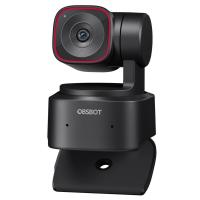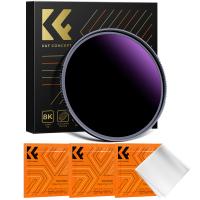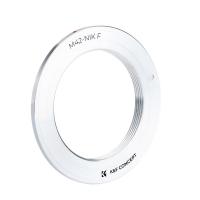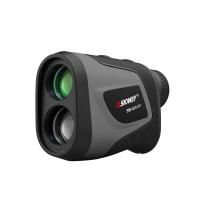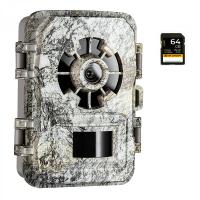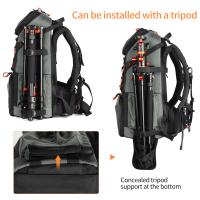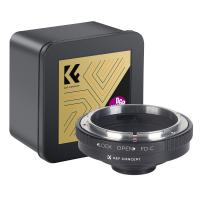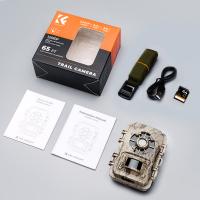Can I Bring Camera Battery On Plane ?
Yes, you can bring camera batteries on a plane. However, there are certain restrictions and guidelines that you need to follow. Camera batteries are generally allowed in both carry-on and checked baggage. It is recommended to carry them in your carry-on baggage to prevent any potential damage or loss. Lithium-ion batteries, which are commonly used in cameras, are subject to specific rules due to their potential fire risk. These batteries should be carried in your carry-on baggage and not in checked baggage. It is also advisable to keep them in their original packaging or in a protective case to prevent any short-circuiting. Additionally, it is important to check with your airline for any specific regulations or limitations they may have regarding the transportation of camera batteries.
1、 Lithium-ion battery regulations for air travel
Lithium-ion batteries are commonly used in cameras and other electronic devices, and many travelers wonder if they can bring camera batteries on a plane. The answer is generally yes, but there are some regulations and guidelines that need to be followed to ensure safety during air travel.
According to the latest regulations, camera batteries are allowed in both carry-on and checked baggage. However, there are restrictions on the size and quantity of lithium-ion batteries that can be brought on board. Generally, spare batteries with a capacity of up to 100 watt-hours (Wh) are allowed in carry-on baggage, while those with a capacity between 100 and 160 Wh require airline approval. Batteries exceeding 160 Wh are not allowed on passenger aircraft.
It is important to note that loose lithium-ion batteries should not be packed in checked baggage. Instead, they should be carried in carry-on baggage or kept in the device they power. This is because loose batteries have the potential to short-circuit and cause a fire if they come into contact with metal objects.
To ensure compliance with regulations, it is recommended to keep spare batteries in their original packaging or place them in individual plastic bags to prevent short-circuiting. Additionally, terminals should be protected from contact with metal objects, such as by using tape or covering them with caps.
It is always a good idea to check with the airline before traveling, as regulations may vary slightly between airlines and countries. Some airlines may have additional restrictions or requirements, so it is best to be well-informed before your trip.
In conclusion, you can bring camera batteries on a plane, but it is important to follow the lithium-ion battery regulations for air travel. By adhering to these guidelines, you can ensure a safe and hassle-free journey with your camera equipment.
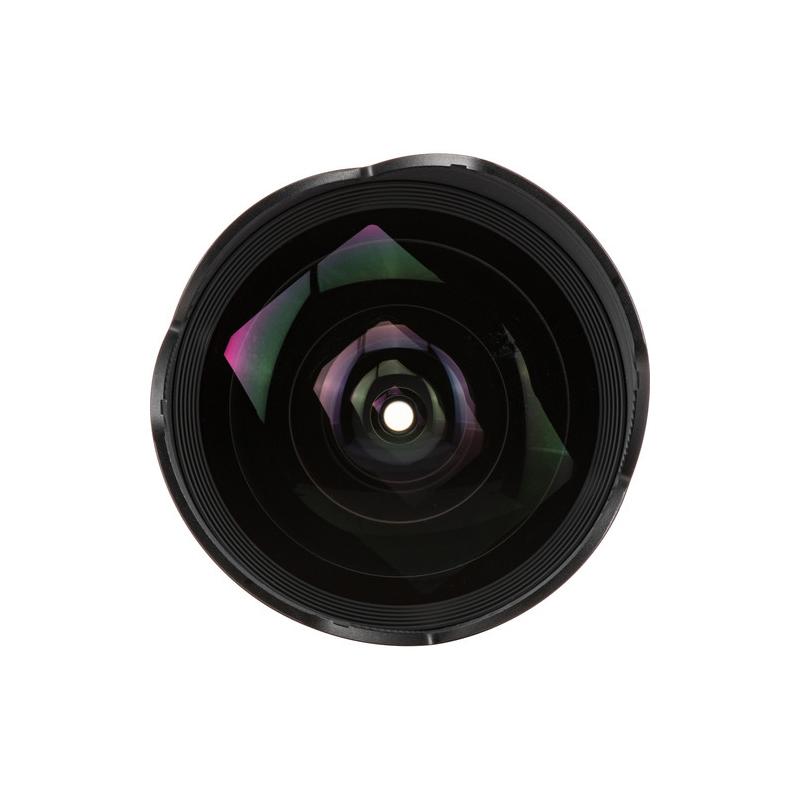
2、 TSA guidelines for carrying camera batteries on planes
TSA guidelines for carrying camera batteries on planes state that camera batteries are generally allowed in both carry-on and checked baggage. However, there are certain restrictions and precautions that need to be followed to ensure the safety of all passengers.
Camera batteries that are lithium-ion or lithium-metal batteries, which are commonly used in digital cameras, are allowed in carry-on baggage. It is recommended to keep these batteries in their original packaging or in a protective case to prevent any short-circuiting. If the original packaging is not available, placing tape over the battery terminals is advised.
In terms of spare or extra camera batteries, the TSA advises that they should also be carried in carry-on baggage. It is important to note that loose lithium batteries are not allowed in checked baggage due to the risk of fire. It is recommended to keep spare batteries in their original packaging or in individual plastic bags to prevent any contact with metal objects, which could potentially cause a short-circuit.
It is worth mentioning that the latest point of view regarding camera batteries on planes is that the TSA has implemented stricter regulations for lithium batteries. As of January 2020, the TSA requires that all spare lithium batteries, including camera batteries, must be carried in carry-on baggage only. This is due to the potential fire hazard associated with lithium batteries in the cargo hold.
In summary, camera batteries are generally allowed on planes, but there are specific guidelines to follow. It is important to carry lithium batteries in carry-on baggage, keep them in their original packaging or protective cases, and avoid placing loose batteries in checked baggage. Staying up to date with the latest TSA regulations is crucial to ensure a smooth and safe travel experience.
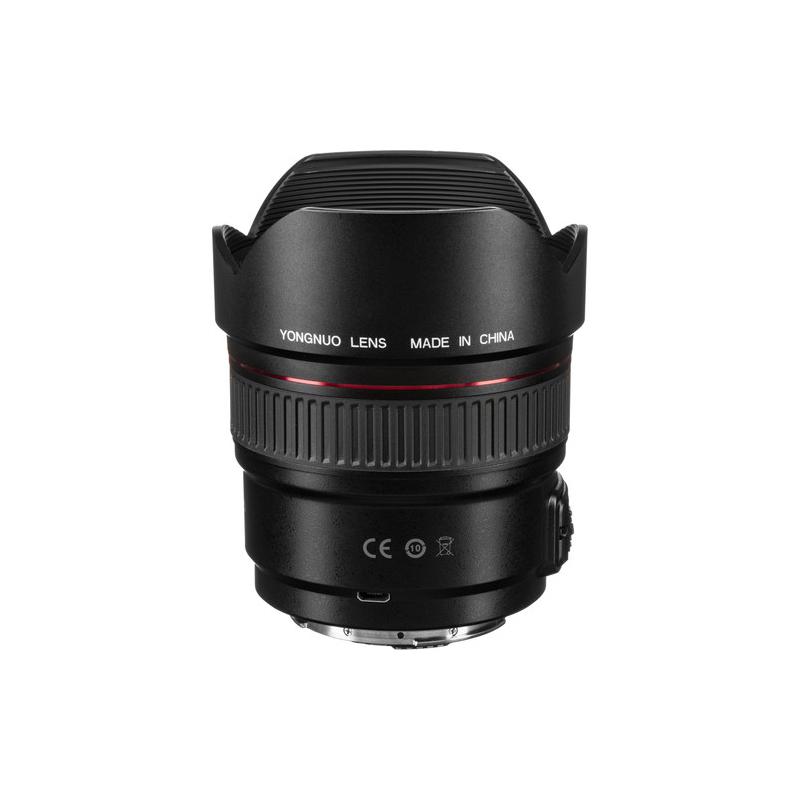
3、 International airline policies on camera battery transportation
International airline policies on camera battery transportation vary depending on the airline and the type of battery. In general, camera batteries are allowed on planes, but there are certain restrictions and guidelines that passengers must follow.
Lithium-ion batteries, which are commonly used in cameras, are generally allowed in carry-on luggage. However, spare or loose lithium-ion batteries are usually not allowed in checked baggage due to the risk of fire. It is recommended to carry spare batteries in your carry-on luggage, preferably in a protective case or plastic bag to prevent short-circuiting.
The International Air Transport Association (IATA) has set guidelines for the transportation of lithium-ion batteries. These guidelines state that spare batteries with a capacity of up to 100 watt-hours (Wh) are allowed in carry-on baggage, while those with a capacity between 100 and 160 Wh require airline approval. Batteries with a capacity exceeding 160 Wh are generally not allowed on planes.
It is important to check with your specific airline for their policies and any additional restrictions they may have. Some airlines may have stricter regulations or may require you to declare and carry certain batteries in the cabin. Additionally, it is advisable to check the latest regulations and guidelines from relevant aviation authorities, as policies can change periodically.
To ensure a smooth journey, it is recommended to carry batteries in their original packaging or in a protective case, and to avoid overcharging or damaging the batteries. It is also advisable to carry any necessary documentation, such as the user manual or safety data sheet, to provide information about the battery if requested by airline staff.
In summary, camera batteries are generally allowed on planes, but there are restrictions and guidelines that passengers must follow. It is important to check with your airline for their specific policies and to adhere to the recommended safety precautions.
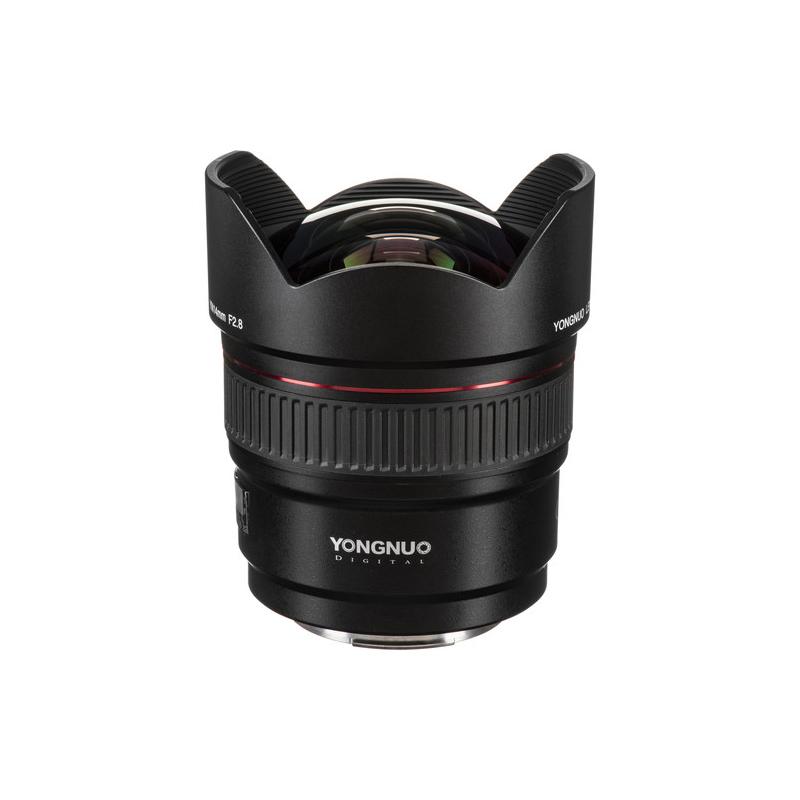
4、 Maximum battery capacity allowed on flights
"Can I bring camera battery on a plane?" Yes, you can bring camera batteries on a plane, but there are certain regulations and restrictions that you need to be aware of. The International Civil Aviation Organization (ICAO) and the International Air Transport Association (IATA) have set guidelines to ensure the safety of passengers and crew.
As of the latest information, camera batteries are generally allowed in both carry-on and checked baggage. However, there are limits on the maximum battery capacity allowed on flights. Lithium-ion batteries, which are commonly used in cameras, are subject to these restrictions due to their potential fire risk.
For carry-on baggage, spare lithium-ion batteries with a capacity of up to 100 watt-hours (Wh) are generally allowed. This includes most camera batteries, as they typically have capacities well below this limit. However, it is always recommended to check the specific capacity of your camera battery before traveling.
If you have spare batteries with a capacity between 100 and 160 watt-hours, you may be required to seek approval from the airline or transport them in your carry-on baggage with special packaging. Batteries with a capacity exceeding 160 watt-hours are generally not allowed on passenger aircraft.
It's important to note that these regulations may vary between airlines and countries, so it's always best to check with your airline or the relevant aviation authority before your flight. Additionally, it is recommended to carry your camera batteries in their original packaging or in a protective case to prevent any accidental short-circuiting.
In summary, you can bring camera batteries on a plane, but there are restrictions on the maximum battery capacity allowed. It's crucial to check the specific regulations of your airline and destination to ensure compliance with the latest guidelines.
